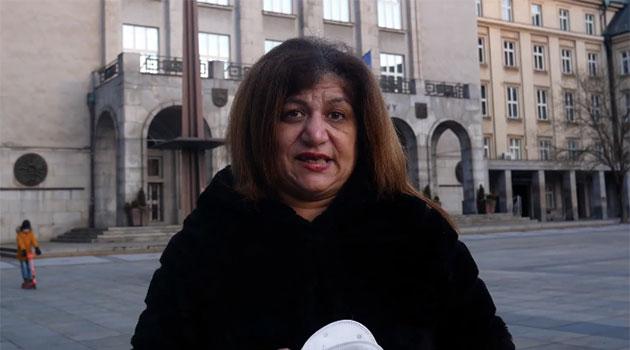Czech civil society: Compensation for illegal sterilizations is too slow and too strict, just 35 successful cases out of 261 applications so far

Representatives of human rights organizations and those representing the Romani community are calling on the authorities to improve their approach to the process of awarding compensation to the victims of illegally performed sterilizations, saying that the process is not being correctly managed due to the way the law is being interpreted, which makes the position of the applicants uncertain. Open letters have been sent to Czech Health Minister Vlastimil Válek (TOP 09) and Czech Prime Minister Petr Fiala (Civic Democratic Party – ODS) about the issue.
The Human Rights League has informed the Czech News Agency of the issue. According to them, as of the close of May, a total of 261 women had applied for compensation.
Decisions had been made in just 74 of those cases at that time. Of those decisions, just 35 were positive.
The victims of illegal sterilizations have been able to apply to the state for compensation in the amount of CZK 300,000 [EUR 12,000] as of January this year. The compensation is theoretically available to anybody who was subjected to such a surgery between 1 July 1966 and 31 March 2012 without having decided to undergo sterilization of their own free will and without having been correctly informed ahead of time about all of the possible repercussions of such surgery.
Many sterilizations were the result of social workers coercing women to have the procedure under the threat of the state taking away their existing children if they were to have more children in the future, or the threat that their social benefits would be stopped. Other incentives used to persuade women to undergo the procedure in the interest of “the health of the population” were financial or offered rare access to consumer goods.
The regulations that were in place until 1993 made such coercion possible. Victims of these practices in the Czech Republic are now able to apply to the Health Ministry for compensation.
Under the current law, the ministry has 60 days within which to handle the claim and is meant to send the awarded money within 30 days of issuing a positive decision. The background materials for the law estimated that about 400 persons would be eligible for such compensation.
The total amount expended for redress would therefore be CZK 120 million [EUR 5 million] if 400 eligible claims were to be filed. “Together with other organizations, we are calling for a remedy to the current state of affairs, which is putting the victims of these practices in an uncertain position,” said Elena Gorolová from the victims’ association and Anna Štefanidesová, a lawyer from the Human Rights League.
“Above all, we perceive it as problematic that the legislated deadlines are not being upheld by the ministry and the only evidence being considered valid is medical records. In many cases those records have officially been destroyed and are unavailable,” the open letters report.
The letters are signed by representatives of human rights organizations, Romani organizations, women’s rights organizations, and volunteer civil society members from the Czech Government Council for Roma Minority Affairs, including the director of the Charter 77 Foundation Božena Jirků, Čeněk Růžička of the Committee for the Redress of the Roma Holocaust in the Czech Republic, sociologist Fedor Gál, Deputy Public Defender of Rights Monika Šimůnková, human rights activist and translator Gwendolyn Albert, volunteer civil society member of the Czech Government Council for Roma Minority Affairs Jan Husák, director of the RomanoNet organization Michal Miko, and the director of the ROMEA organization, Zdeněk Ryšavý. They are concerned that the process as it is currently being managed is failing for many applicants in practice, which undermines the victims’ faith that their cases will be properly handled.
The ministry is exceeding the lawfully-established deadline by which it is meant to decide these claims, according to the open letters. As far as the signatories are aware, none of the applicants whose medical records no longer exist has been awarded compensation.
Even if it can be substantiated that such records were not handled in accordance with the law by the institutions in question, the applicants still are not being compensated. “The law that was adopted expressly facilitates the submission of evidence other than medical records, but we do not yet know of cases where such evidence has been accepted,” the authors of the open letters point out.
In their view, the two-month deadline for resolving claims must be upheld and a methodology for acknowledging circumstantial evidence in these cases should be developed by collaborating with experts who have long dedicated themselves to these issues. Suspicions that forced sterilizations were happening in the Czech Republic, above all to Romani women, were raised in 2004 by the European Roma Rights Centre.
Dozens of women turned to the ombudsman with their experiences at that time and some also sued in court. The Czech Government Committee against Torture proposed introducing a compensation scheme in 2006.
In the year 2009, the cabinet expressed regret for the illegal surgeries. The law to compensate the victims was not adopted until last year.
